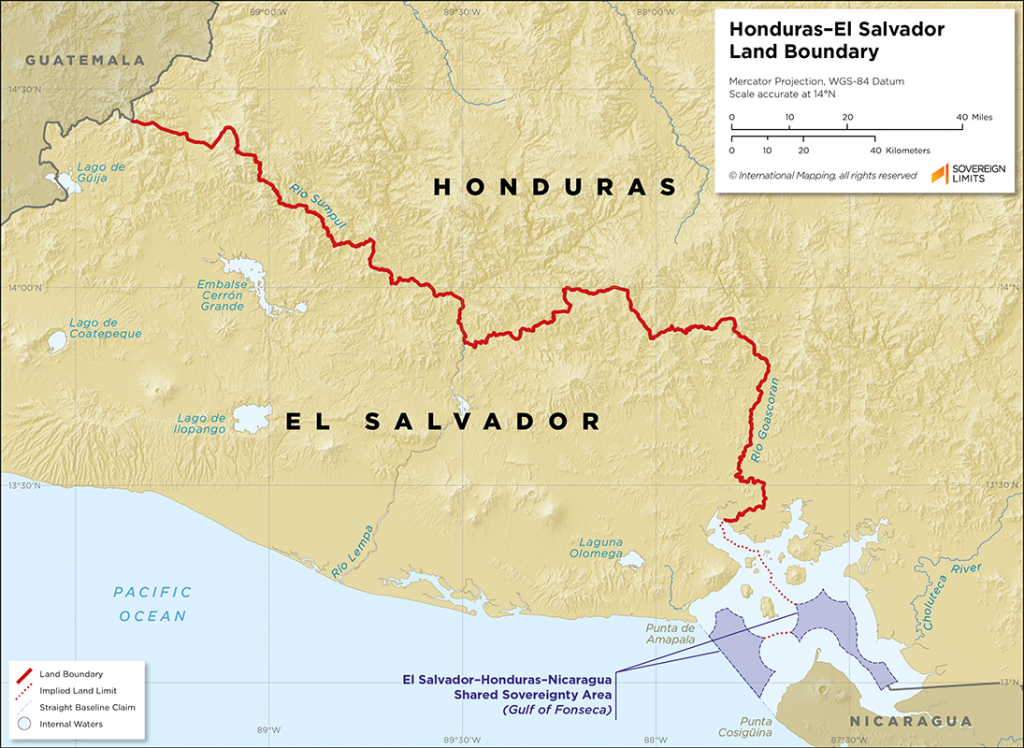Last year in September El Salvador became the first nation to adopt Bitcoin as a legal tender. Six months down the line, rumors of yet another Central American nation doing so emerged. Since Monday, people from the space started asserting that El Salvador’s northeast neighbor, Honduras would grant Bitcoin the legal tender tag as well.


However, the nation’s central bank outrightly denied the rumors of the same. It made an official statement on Twitter on Wednesday.
The Central Bank of Honduras (BCH) clarified that it was the only issuer of banknotes and coins in the country in accordance with the law. At the same time, it also made it clear that it “does not supervise or guarantee” payments made with the help of crypto. The translated version of their Spanish statement noted,
“Bitcoin for the moment in our country is not regulated.”
Maintaining a neutral tone with respect to CBDCs, the BCH went on to add that that its “study and conceptual, technical and legal analysis” continues to determine the feasibility of issuing its own central bank digital currency, which would be later recognized as legal tender in the country.
Crypto optimism fades away?
Post El Salvador’s historic move, people from the space became quite optimistic and expected other nation-states to follow suit. For instance, BitMEX CEO Alexander Höptner had predicted that at least 5-10 countries would end up making the largest cryptocurrency legal tender by the end of 2022. Per the exec, remittances, inflation, and politics would prompt nations to step onto the bandwagon. Back then, he had stated,
“What the critics fail to recognize is that developing countries like El Salvador are leading the world in embracing decentralized digital currencies and payments.”
El Salvador undoubtedly maintains the first-mover advantage, and Honduras just let the same slip away. Nonetheless, as Binance’s CZ just said, we’re still in the “early days.”
Over the long term, as the whole crypto concept becomes even more mainstream, we would witness the transition.





